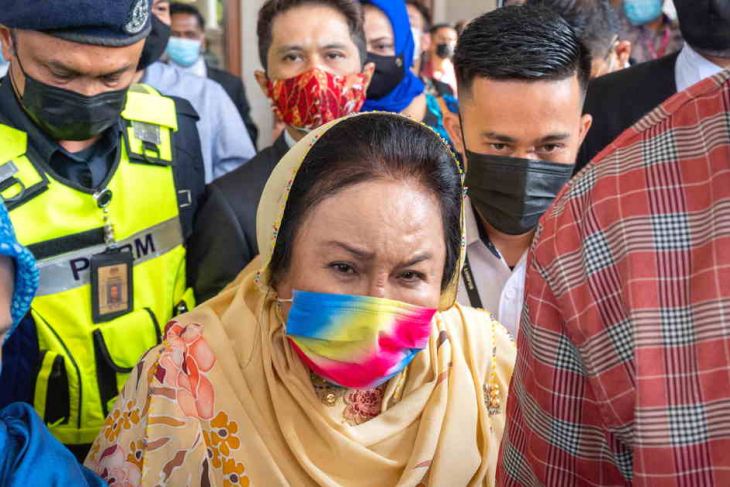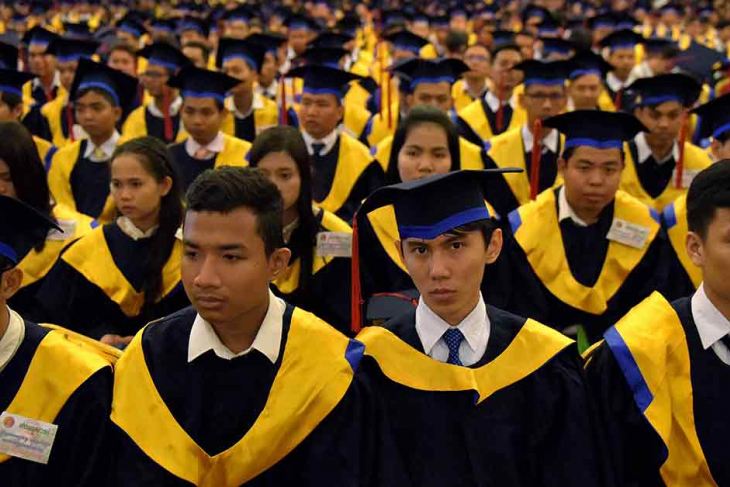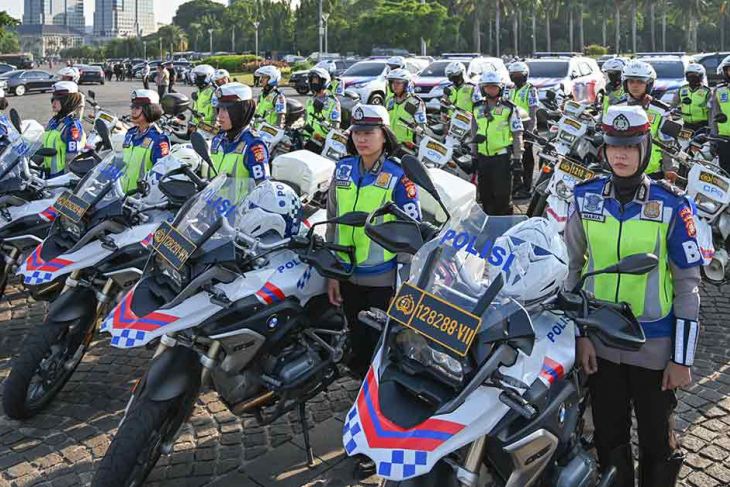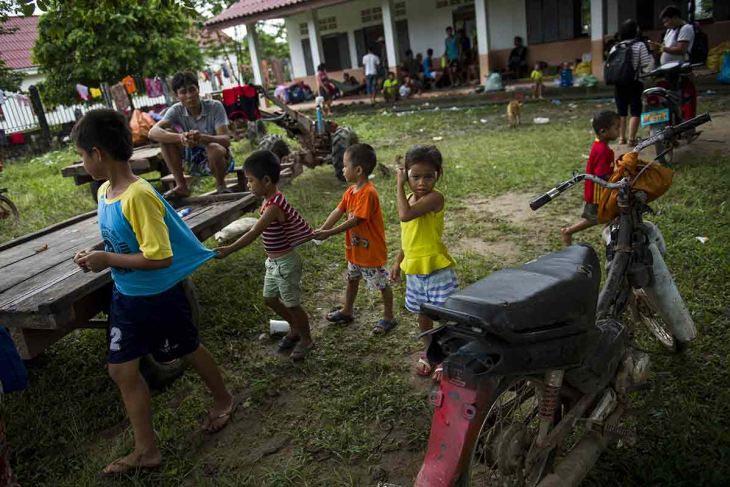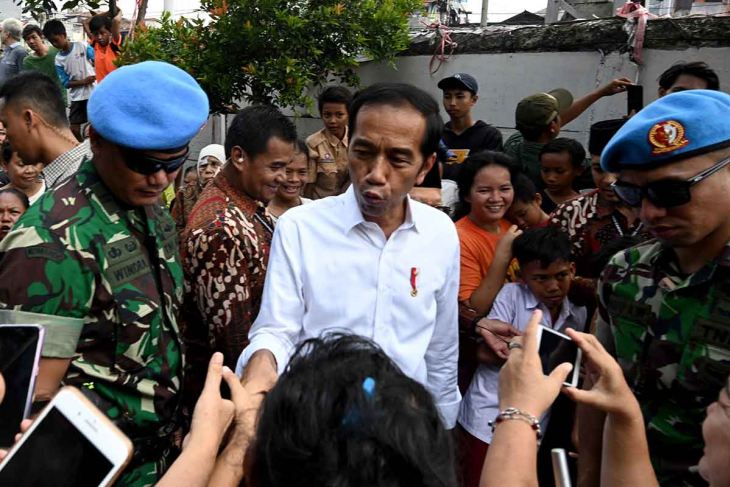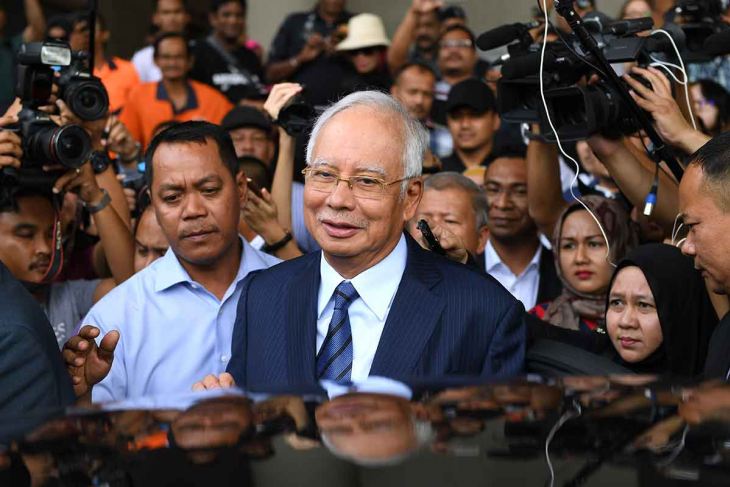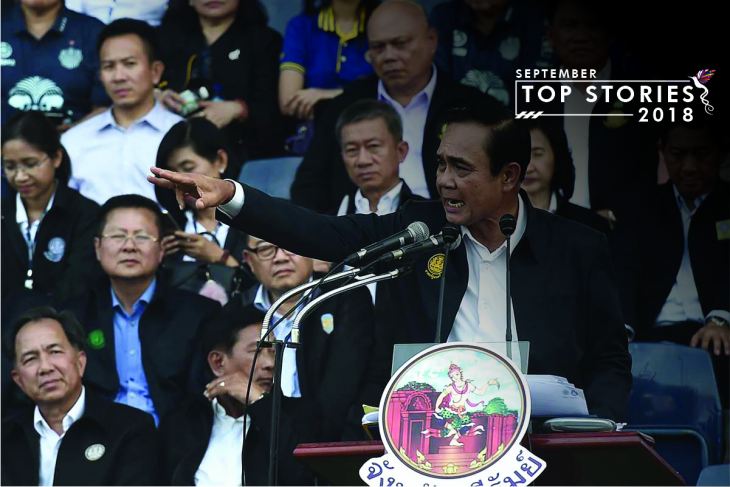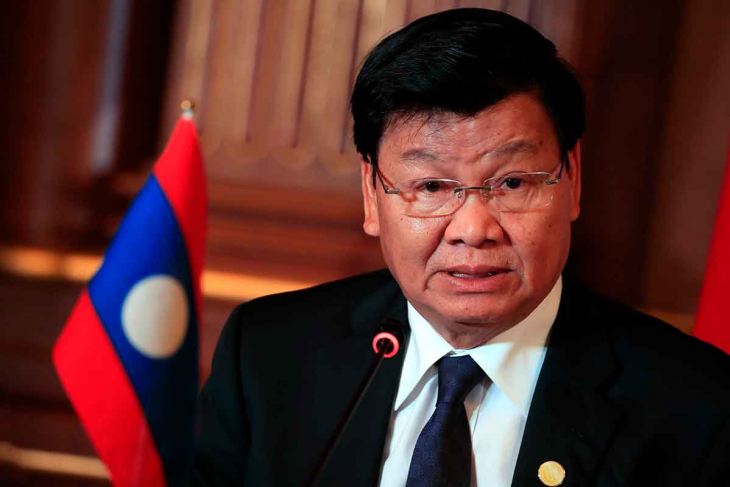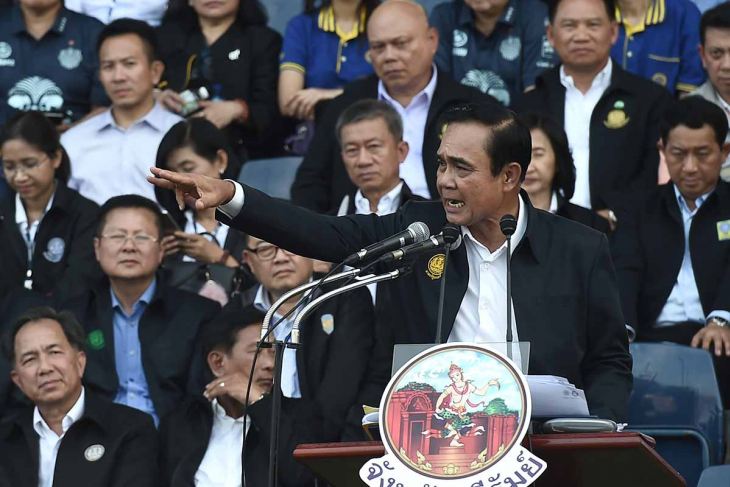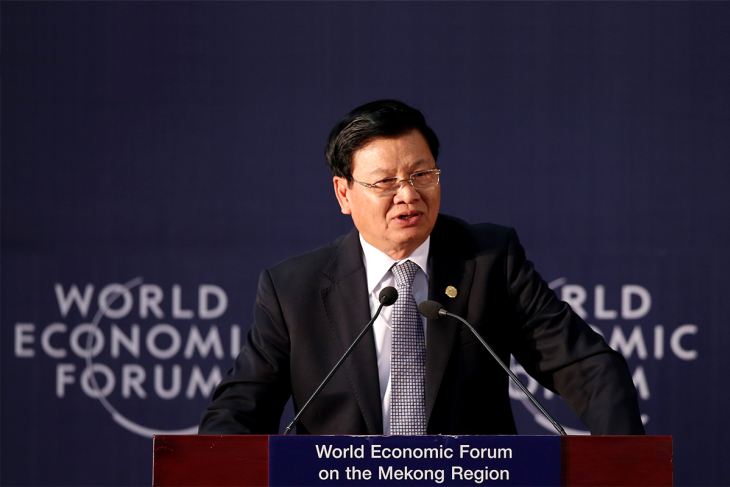Transparency International
As part of on-going efforts and measures to combat corruption, it’s vital that Malaysia’s anti-corruption laws are constantly updated, improved and reformed – over time.
On 26 January, Cambodian student Kong Bunrith posted a video on Facebook accusing senior officials in the country’s Ministry of Justice of allegedly taking bribes. Kong had claimed that some of his peers paid up to US$150,000 in bribes to secure passing grades.The municipal court has since summoned him for questioning over accusations of public defamation, slander and incitement to discriminate.
Yesterday, the ASEAN Post published an article on allegations made by a Cambodian student regarding corruption in his school. On 26 January, the student, Kong Bunrith, posted a video on Facebook which supposedly accused the country’s Ministry of Justice senior officials of taking bribes.
In June 2017, a video of a policeman accepting a bribe in Indonesia went viral. The video was especially intriguing because the bribe came in the form of a durian which the police officers had tried to haggle for from an initially reluctant driver.In 2016, the United States (US) Department of State’s Bureau of Democracy, Human Rights and Labor noted that the Indonesian police force was plagued by corruption, and bribery is widespread, presenting companies with higher risks.
Recently The ASEAN Post published two articles on Save the Children’s Global Childhood Report 2019. One talked about how Singapore, for the second year in a row, managed to grab the number one spot for providing a safe and nurturing environment for children. The other article was about how Lao not only performed the worst in the region on that front, but also performed badly worldwide.
Indonesia’s president Joko “Jokowi” Widodo has done it again. Not only has he managed to hold on to his position for a second term, he beat his old rival Prabowo Subianto with an even bigger margin than he managed in 2014.
Transparency International recently released the results of its Corruption Perceptions Index (CPI) 2018, which looks at the perception of corruption in 180 countries. The index is often highly anticipated and is used as a drawing point to gauge a country’s (or even a region’s) level of corruption.The index is calculated using 13 different data sources that provide perceptions of public sector corruption from business people as well as country experts.
When the military junta in Thailand, also known as the National Council for Peace and Order (NCPO), seized power on 22 May, 2014, one of the main reasons it gave for doing so was to address the high levels of corruption plaguing the country under then-Prime Minister Yingluck Shinawatra.
Following Prime Minister Mahathir Mohamad’s surprise victory in Malaysia’s 14th general election on 9 May, which was widely seen as a step forward for democracy, analysts and heads of government worldwide are now turning their eyes to the rest of the region in anticipation of similar political reversals.Mahathir Mohamad, who led a coalition of opposition parties dubbed the Alliance of Hope (Pakatan Harapan) to victory against the incumbent National Front (Barisan Nasional) party, based a larg
When the military junta in Thailand, also known as the National Council for Peace and Order (NCPO), seized power on 22 May, 2014, one of the main reasons it gave for doing so was to address the high levels of corruption plaguing the country under then-Prime Minister Yingluck Shinawatra.
Following Prime Minister Dr Mahathir Mohamad’s surprise victory in Malaysia’s 14th general election on 9 May, which was widely seen as a step forward for democracy, analysts and heads of government worldwide are now turning their eyes to the rest of the region in anticipation of similar political reversals.Mahathir Mohamad, who led a coalition of opposition parties dubbed the Alliance of Hope (Pakatan Harapan) to victory against the incumbent National Front (Barisan Nasional) party, based a l
